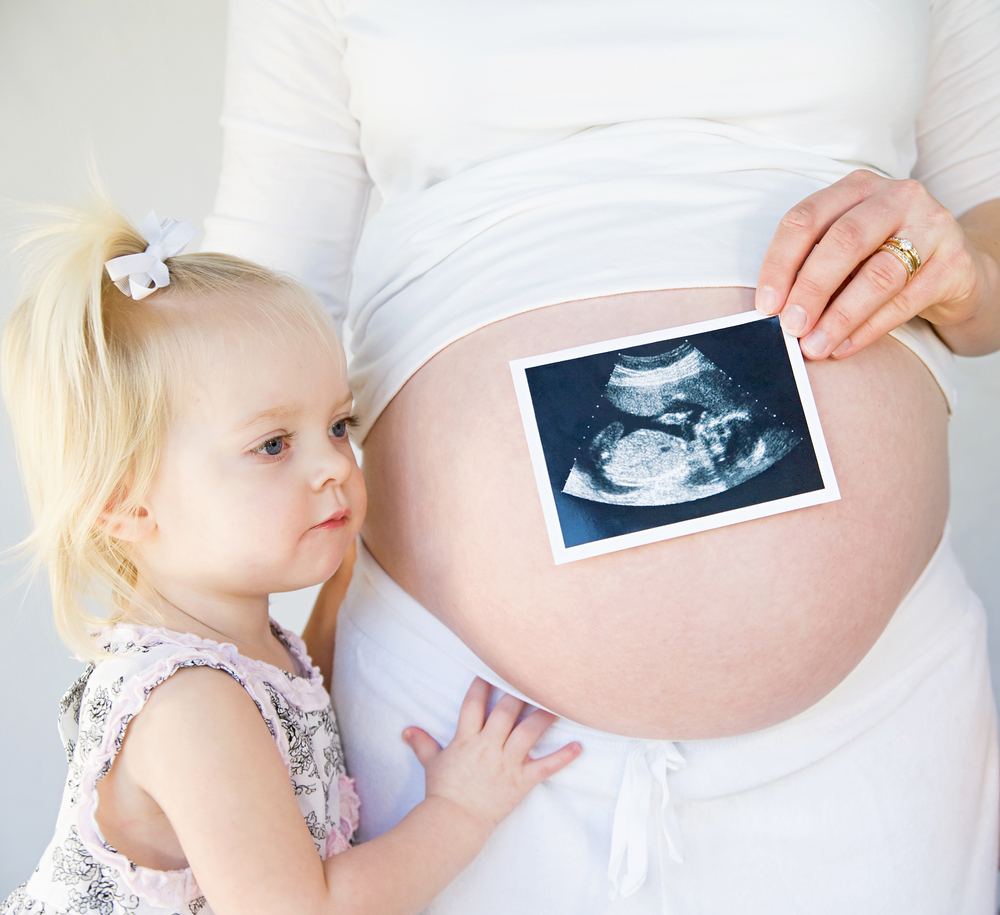What is the interpregnancy period?
The interpartum or interpregnancy period is known as the period of time between delivery of baby one* and conception of baby two. Whether you’re already a parent or planning to expand your family in the future, taking care of your health between pregnancies is essential. Depending on your situation, you may have goals to have your babies close together. It is important to consider what it might mean for you if you do plan on falling pregnant soon after delivery.
Read more about the importance of nutrition in pregnancy
Why is it important?
The time between pregnancies is important as shorter interpregnancy intervals are shown in the research as leading to adverse pregnancy outcomes in mum and baby. If you fall pregnant within six months of your last delivery, there is a significantly increased risk for mum and baby.
For baby:
– Premature birth
– Placental abruption
– Congenital disorders
– Low birth weight
– Increased risk of miscarriage
For mums:
– Risk of severe illness (organ failure, blood transfusion, unexpected surgery)
– Less time for recovery
– Increased risk of nutrient deficiency
ACOG (American College of Obstetricians and Gynaecologists) note that intervals of less than 18 months between deliveries* can lead to an increased risk of uterine rupture, and blood loss in those undergoing a VBAC (vaginal birth after caesarean). Regardless of the mode of delivery (via vaginal birth, or caesarean delivery), reaching optimal levels of nutrient intake is key to reducing any risks.
The role of interpregnancy nutrition and what you should focus on in this period
A reduced amount of recovery time post vaginal delivery or c-section means there is an increased risk of key nutrient deficiencies.
Here are five key nutrients to focus on in the interpregnancy period.
Folate/Folic acid
Prior to conception, it is recommended you take a folic acid containing supplement for three months. These needs are also high during the period of breastfeeding. If you become pregnant within a year of delivery, many people are still breastfeeding baby number one. Folate is needed in the production of blood cells (red and white), and is key in development of baby’s brain and spinal cord in utero. You can find folate in dark green leafy vegetables, fruits and fruit juices, nuts, legumes, seafood, and grains.
Iodine
Iodine contributes to healthy thyroid development in baby and function in mum. It is also important in baby’s brain development. This nutrient is often missed out on in closely spaced pregnancies. Iodine needs are higher in breastfeeding than they are in pregnancy, to account for increased activity of the thyroid in creating breastmilk for baby. Even if you are not breastfeeding, and are planning a short pregnancy interval, folate and iodine levels and prioritising intake of these is a non-negotiable for a healthy mum and baby. Iodine is naturally found in seaweed, dairy products, eggs and seafood. In Australia all commercially sold bread has iodised salt added to it as a way to reduce the risk of iodine deficiency.
Iron
During delivery you will have experienced some blood losses regardless of how your baby entered the world. Postpartum bleeding (known as lochia) is known to be quite heavy, and prolonged so iron is a nutrient that is often depleted postpartum. Many people do not get enough iron in the second and third trimester of pregnancy, which then carries over into postpartum and beyond. Whilst iron needs in trimester one are lower, adequate iron levels are important for fighting off infection, and optimal energy levels (which you are probably low on if you have a baby!). Iron is found in abundance in meat (beef, chicken, pork, lamb), and fish. Key plant-based sources of iron include tofu, kidney beans, legumes, wholegrains (brown rice, wholemeal pasta, quinoa, oats, popcorn), nuts and dried fruits.
Calcium
Calcium plays a crucial role in the postpartum period as it is necessary for bone health, muscle function, nerve transmission, and blood clotting. During pregnancy, your body increases its calcium absorption efficiency to meet the growing demands of the developing foetus. After giving birth, it’s important to continue prioritizing calcium intake to support your own health and recovery. If you’re breastfeeding, your calcium requirements may be slightly higher to support milk production. It’s important to ensure you’re getting enough calcium through your diet to meet your own needs and support lactation.
The body takes from mum’s teeth and bones to make teeth and bones for baby, and to add calcium to breastmilk. Dairy products such as milk, yogurt, and cheese are excellent sources of calcium. If you’re lactose intolerant or follow a vegan or dairy-free diet, you can opt for fortified plant-based milk alternatives, tofu, leafy greens (e.g., kale, spinach, broccoli), almonds, and fortified cereals or juices
Adequate protein
We need protein for healing, and recovery. Parents often neglect themselves postpartum, and are not eating as much as they should, especially once we factor in a baby and sleep deprivation. This means parents miss out on getting in enough protein and calories overall. This points to a key reason why the interpregnancy period is an important one. It almost forces parents to be aware of their own health too. Protein is found in high amounts in meat, fish, poultry, eggs, dairy products, nuts, wholegrains, lentils and legumes.
Read more about following a vegetarian or vegan diet in pregnancy
So, what is the ideal interpregnancy interval time then?
Ideally there will be an 18 month* to two-year gap between delivery of baby one, and conception of baby two. Interestingly, research points to ‘more than two years and less than five years’ for optimal health of mum and baby. So that puts you somewhere between 18 months to four and a half years for a subsequent pregnancy which is a nice little window.
*after full term delivery or live birth
Where to get help?
It can be helpful to do some family planning, so that an unintended pregnancy doesn’t occur too close to delivery of baby number one. For optimal nutrient repletion, and intake, seeing a prenatal and fertility dietitian to guide you through the demands of breastfeeding and pregnancy can help take the pressure off of you! Also being linked in with a great healthcare team to monitor you and guide you through how to take care of yourself and baby. This healthcare team might include a GP, gynaecologist/obstetrician, pelvic floor physiotherapist, lactation consultant, psychologist/counsellor and more!


